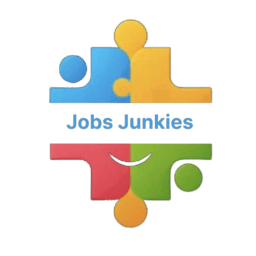Your appearance can significantly impact first impressions during interviews. Here’s a guide on what to wear, broken down by industry.
1. Corporate/Finance
- For Men: A well-fitted suit, tie, dress shirt, and polished shoes. Stick to conservative colors like navy, gray, or black.
- For Women: A tailored suit (pantsuit or skirt suit) with a blouse, along with closed-toe heels or flats.
2. Tech/Startups
- For Men: Smart casual attire, such as dress pants and a collared shirt. A blazer can elevate the look without being overly formal.
- For Women: Dressy casual outfits, such as a stylish blouse paired with tailored pants or a skirt. Avoid overly flashy accessories.
3. Creative Industries (Marketing, Design, Media)
- For Men: Business casual attire, such as chinos and a button-up shirt, or even creative combinations that reflect your style.
- For Women: Creative outfits that showcase your personality, like a stylish dress or unique top paired with tailored pants.
4. Healthcare
- For Men: Professional attire, such as slacks, a dress shirt, and a blazer. If you’re interviewing for a clinical role, scrubs may be acceptable.
- For Women: A professional dress or slacks with a blouse, or scrubs if applicable. Closed-toe shoes are typically expected.
5. Education
- For Men: Smart casual attire is usually appropriate, such as khakis and a polo or dress shirt.
- For Women: Comfortable, professional attire like a dress, slacks, or a skirt paired with a blouse.
6. Hospitality/Customer Service
- For Men: Business casual attire, such as dress pants and a collared shirt. Depending on the company, a blazer may be suitable.
- For Women: Professional dresses or blouses paired with dress pants or skirts. Neat hair and minimal accessories are preferred.
General Tips
- Research Company Culture: Check the company’s website or social media to gauge their dress code.
- Fit and Comfort: Ensure your clothes fit well and are comfortable to avoid distractions during the interview.
- Grooming: Pay attention to grooming—clean hair, trimmed nails, and minimal perfume/cologne.
- Accessories: Keep accessories professional and minimal.
Conclusion
Dressing appropriately for an interview is crucial to making a positive impression. By considering the industry norms and company culture, you can choose an outfit that reflects professionalism and helps you feel confident.
